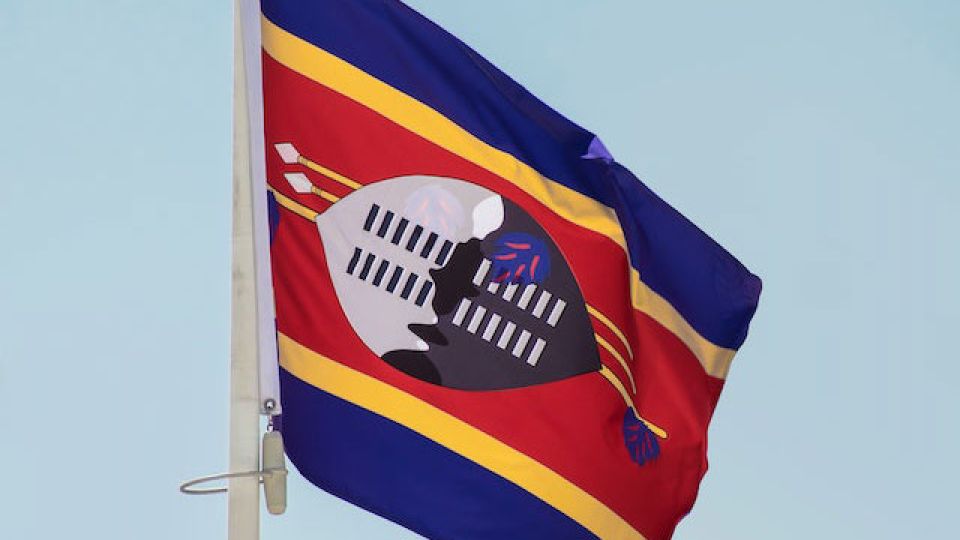from SAMBULO DLAMINI in Mbabane, Eswatini
Swaziland Bureau
MBABANE, (CAJ News) – ELECTIONS are underway in Eswatini, Africa’s last absolute monarchy, at a time the kingdom is emerging from its worst crises in decades.
There have been fears ahead of the poll of a recurrence of clashes between critics of King Mswati III and security personnel during a parliamentary poll held amid a boycott by the opposition and a snub by civil society organisations.
Some 585 000 EmaSwati (over 48 percent of the total population) are registered to vote in the former Swaziland and this being a monarchy, the polls remain largely symbolic and no changes to the country’s governance are expected. Polling stations will be open from 07h00-18h00.
Around 59 members of parliament will be elected from a pool of candidates approved on “individual merit”, with the King nominating another 11. These will then elect ten members of the Senate, with the king nominating 20.
Parliament holds no power, only providing an advisory role to Mswati III, and political parties are banned.
On the eve of the poll, the Electoral and Boundaries Commission expressed readiness.
Acting Prime Minister, Chief Mgwagwa Gamedze, met different election observation delegations ahead of the polls.
Among observers are delegations from the Commonwealth, Southern African Development Community (SADC) Electoral Observer Mission (SEOM), SADC Electoral Commissions Forum (EFC-SADC) and the Embassy of the Russian Federation.
Gamedze said their presence reflected their commitment to assist Eswatini implement best practice systems in electoral processes.
“Surely, the Kingdom believes that this type of support and the recommendations thereof will assist Eswatini to grow as a democratic state,” the premier said.
“We look forward to your recommendations after the completion of the 2023 general elections and further register our commitment to achieving fair, free, credible and peaceful elections,” Gamedze said.
Opposition and civil society have since 2021 been engaged in running battles with state security forces during demands for democratic reforms.
Dozens have died during protests and properties destroyed, some during acts of arson emanating from the crisis, seen as the worst since independence in 1968. King Mswati III has led from 1986, when he was 18.
While the previous elections in 2018 were largely peaceful despite tensions, Crisis24 said protests and clashes between security forces and opposition activists cannot be excluded during this exercise.
“Disruptions to urban and intercity road travel, business operations, and telecommunications are likely amid significant bouts of civil unrest or preemptive security operations,” the think-tank forecast.
In addition to the unrest, the International Monetary Fund (IMF) noted Eswatini had endured the pandemic and successive shocks from international commodity prices. Fiscal and external buffers are low.
“Focused efforts to address the underlying causes of recent civil unrest, together with concerted efforts to tackle gaps in governance, are also needed,” IMF stated.
The economy is projected to grow by 2,8 percent in 2023.
The Food and Agricultural Organisation (FAO) forecast food insecurity numbers expected to increase in 2023/24 after erratic rains.
The latest Integrated Food Security Phase Classification analysis, released in July, projects that 238 500 people are facing acute food insecurity between June and September 2023. The number of food insecure people is expected to increase to nearly 283 000 between October 2023 and March 2024.
Eswatini, on a positive note, has made major strides in the human immunodeficiency virus (HIV) response with the goal of ending AIDS as a public health threat by 2030.
It became the first African country to achieve and surpass the 95-95-95 global HIV treatment targets in 2020.
– CAJ News

